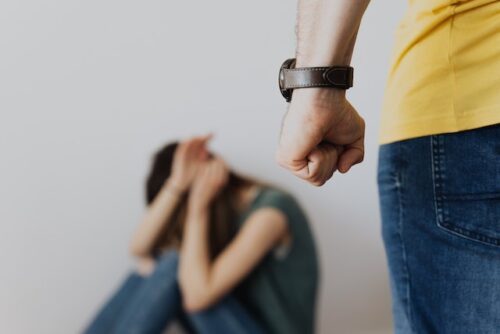
When you marry the person of your dreams, you may not expect it to become a nightmare. However, this is the reality for the millions facing domestic violence in the United States. This problem only seems exacerbated when you share a child, as you may worry about your child’s well-being when in the care of your abuser. If you’re enduring a custody battle, understanding how a partner’s history of domestic violence could influence their rights is essential. Keep reading to learn more and discover how a Suffolk County domestic violence lawyer can help you through this complex matter.
What Constitutes Domestic Violence?
Domestic violence is a serious matter that refers to a broad range of crimes committed against a person. Generally, the victim of these crimes is in an intimate relationship with the abuser; this can be marriage, dating, sharing a child, or blood relations, like a sibling or cousin. It is important to note that children are not considered victims of domestic violence but rather victims of child abuse.
As previously mentioned, domestic violence is a broad term used to describe a spectrum of crimes one partner carries out against another. This includes, but is not limited to:
- Harassment
- Stalking
- Coercion
- Assault
- Sexual assault
- Intimidation
- Reckless endangerment
- Disorderly conduct
Can Domestic Violence Affect Child Custody?
Generally, the courts believe it is in the child’s best interest to foster a relationship with both parents. However, the court will consider a history of domestic violence and whether or not the child is in danger if left alone with one parent. If there is no history of abuse or threats of violence toward the child, the court may grant the abusive partner time with the child if they believe it is in the child’s best interest.
However, if you truly believe that your child’s physical and mental health is in danger, the court must consider any evidence provided by a parent when making their decision to award custody. If a parent is able to prove this, the courts could award full custody to one parent while granting the abusive parent limited or supervised visitation rights.
If you have experienced domestic violence and have taken the steps to initiate a divorce or ended the relationship, you should be proud of yourself as this is something extraordinarily difficult for many in these circumstances. However, if your focus is on the safety of your child and you fear that leaving them in the care of their other parent will affect them emotionally, mentally, or physically, you must contact an attorney as soon as possible.
At Peter V. Mandi & Associates, we have the experience necessary to help you navigate this issue. Contact us today to learn more about how we can help you protect the best interest of your child.
